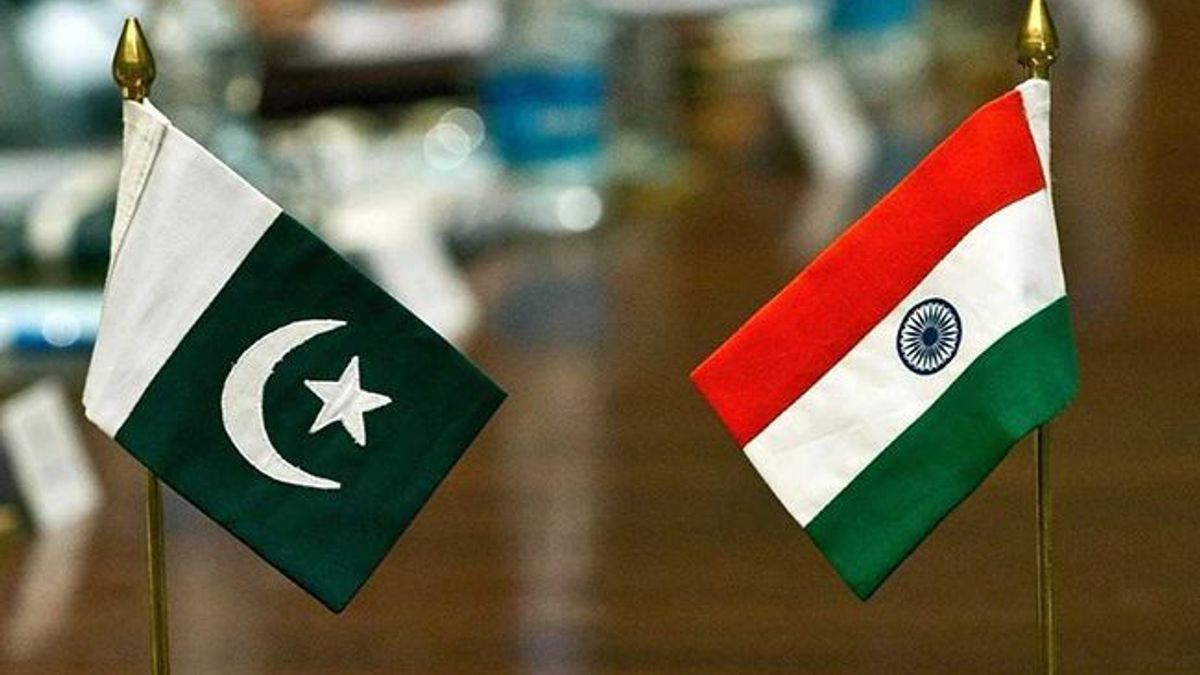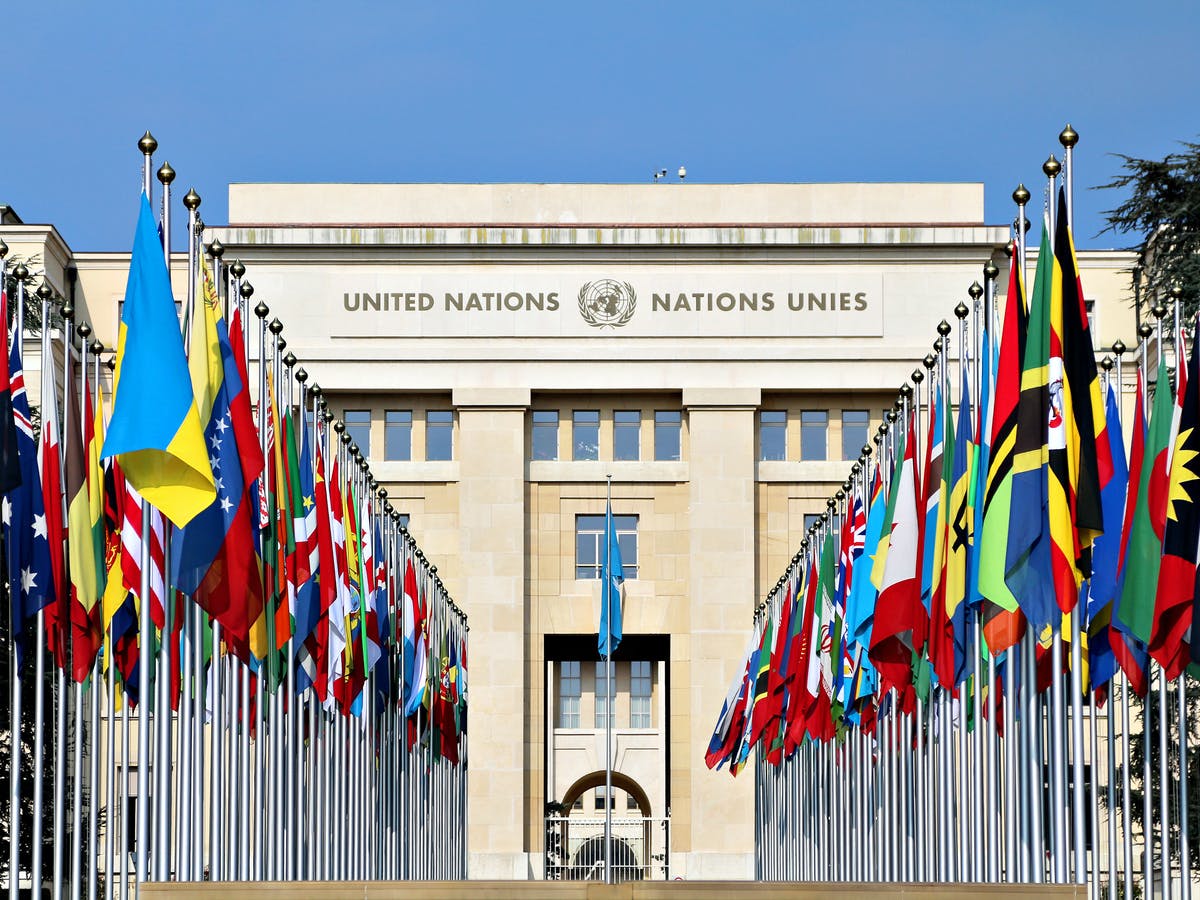Hamas Offers Hostages, Trump Claims Peace Is Within Reach- Hamas’ unexpected response to President Donald Trump’s Middle East peace proposal has jolted the political landscape, offering what looks like a fragile opening in a conflict long defined by intractable hostility. On Friday, the group issued a carefully worded six-paragraph statement, saying it was prepared to release all Israeli hostages — alive or dead — as part of a negotiated exchange. For Trump, who has staked his reputation on brokering the seemingly impossible, it was enough to declare that peace might finally be within grasp.
The Hostage Pledge
The most striking part of Hamas’ statement was its pledge to free the remaining hostages abducted during the October 7, 2023, attacks in Israel. “The movement affirms its readiness to immediately enter into negotiations through the mediators to discuss the details of this agreement,” Hamas said. The statement clarified that the release would occur once “the field conditions for the exchange are met,” a phrase left deliberately vague but implying requirements such as a halt to Israeli strikes or guarantees of safe passage.
Hamas also went further than expected by saying it would hand over administration of Gaza to a Palestinian technocratic body formed through national consensus and supported by Arab and Islamic states. That line marked a potential willingness to step aside from day-to-day governance — though the group notably avoided agreeing to disarm, one of Israel’s central demands and a key pillar of Trump’s 20-point plan.
Trump’s Immediate Reaction
True to form, Trump wasted no time. Within an hour of Hamas’ statement, he posted his response on Truth Social:
“Based on the Statement just issued by Hamas, I believe they are ready for a lasting PEACE. Israel must immediately stop the bombing of Gaza, so that we can get the Hostages out safely and quickly! Right now, it’s far too dangerous to do that. We are already in discussions on details to be worked out. This is not about Gaza alone, this is about long sought PEACE in the Middle East.”
Later, in a video message, Trump struck a more triumphant note: “This is a big day. We’ll see how it all turns out. We have to get the final word down in concrete.”
For the former president, who thrives on dramatic gestures and rapid declarations, Hamas’ willingness to release hostages was enough to claim progress, even if the broader plan remained riddled with uncertainties.
Netanyahu’s Silence
The one voice missing from the initial flurry of reactions was Israeli Prime Minister Benjamin Netanyahu. Having stood beside Trump earlier in the week when the peace plan was unveiled, Netanyahu now found himself in a bind. While Hamas’ offer on hostages was significant, it sidestepped the demands Israel views as non-negotiable: the complete dismantling of Hamas’ military wing and guarantees that it will never again wield power in Gaza.
By rushing to embrace Hamas’ statement, Trump effectively preempted Netanyahu’s ability to set Israel’s position. Rejecting the offer outright would risk making Israel look like the obstacle to peace; accepting it could expose the country to security risks it deems unacceptable. For Netanyahu, whose political survival depends on projecting strength, Hamas’ partial concession may have complicated his options rather than simplifying them.
The October 7 Shadow
The hostage issue cannot be separated from the trauma of October 7. On that morning, Hamas militants stormed southern Israel, killing over 1,200 people and taking more than 240 hostages into Gaza. While some were freed in exchanges earlier in the war, dozens remain in captivity. Their fate has hung over Israeli politics, with families demanding their return and the government vowing to bring them home.
Hamas’ announcement — that it is willing to hand over all hostages, dead or alive — is perhaps its most consequential bargaining chip. It offers a lifeline for negotiations but also risks raising false hopes if conditions for the exchange prove unattainable.
Trump’s Diplomatic Style
The episode is a reminder of Trump’s approach to diplomacy: seize on any sign of progress, frame it as a breakthrough, and let momentum do the work. This strategy won him headlines during his meetings with North Korean leader Kim Jong-un and his role in the Abraham Accords, which normalized ties between Israel and several Arab states.
Yet critics argue it also comes with risks. By celebrating Hamas’ partial acceptance, Trump may reduce leverage in pushing for full compliance. And by demanding that Israel halt its bombing “immediately,” he risks creating friction with an ally still determined to eliminate Hamas militarily.
Supporters counter that Trump’s instinct to amplify positives can push adversaries further into talks than traditional, cautious diplomacy ever would. By declaring “peace is within reach,” Trump may force the players — Hamas, Israel, and Arab mediators — to take the negotiations more seriously.
Regional Reactions
Reaction across the region was mixed. Egypt and Qatar, who have acted as mediators since the start of the war, welcomed Hamas’ willingness to engage while warning that implementation details will be critical. Some Gulf states privately signaled that a technocratic handover in Gaza could be acceptable, provided Hamas truly steps aside. Iran’s position remains murkier: while it publicly backs Hamas, Tehran may prefer a pause in fighting to avoid escalation with Israel and the U.S.
The U.N. and European leaders were more cautious, stressing that a hostage release would be a vital humanitarian step but not a substitute for a comprehensive settlement.
A Fragile Opening
Whether this moment is remembered as the start of a peace process or just another false dawn depends on what comes next. If Hamas delivers on its pledge and hostages are released, Trump will have a tangible win to show the world. If conditions derail the deal, the optimism of this “big day” may quickly dissolve into recriminations.
For now, Hamas has dangled its most powerful bargaining chip. Trump has claimed it as proof that peace is within reach. Netanyahu, caught between domestic pressure and diplomatic reality, remains silent.
The Middle East has seen countless “turning points” that turned into dead ends. But if even part of Hamas’ offer holds, and if Trump’s gamble pays off, history may look back on this moment as the day the hostage crisis broke the stalemate — or as yet another fleeting mirage in the desert of Middle Eastern peace.
As the UN Turns 80, Can It Still Deliver for the World? | Maya




